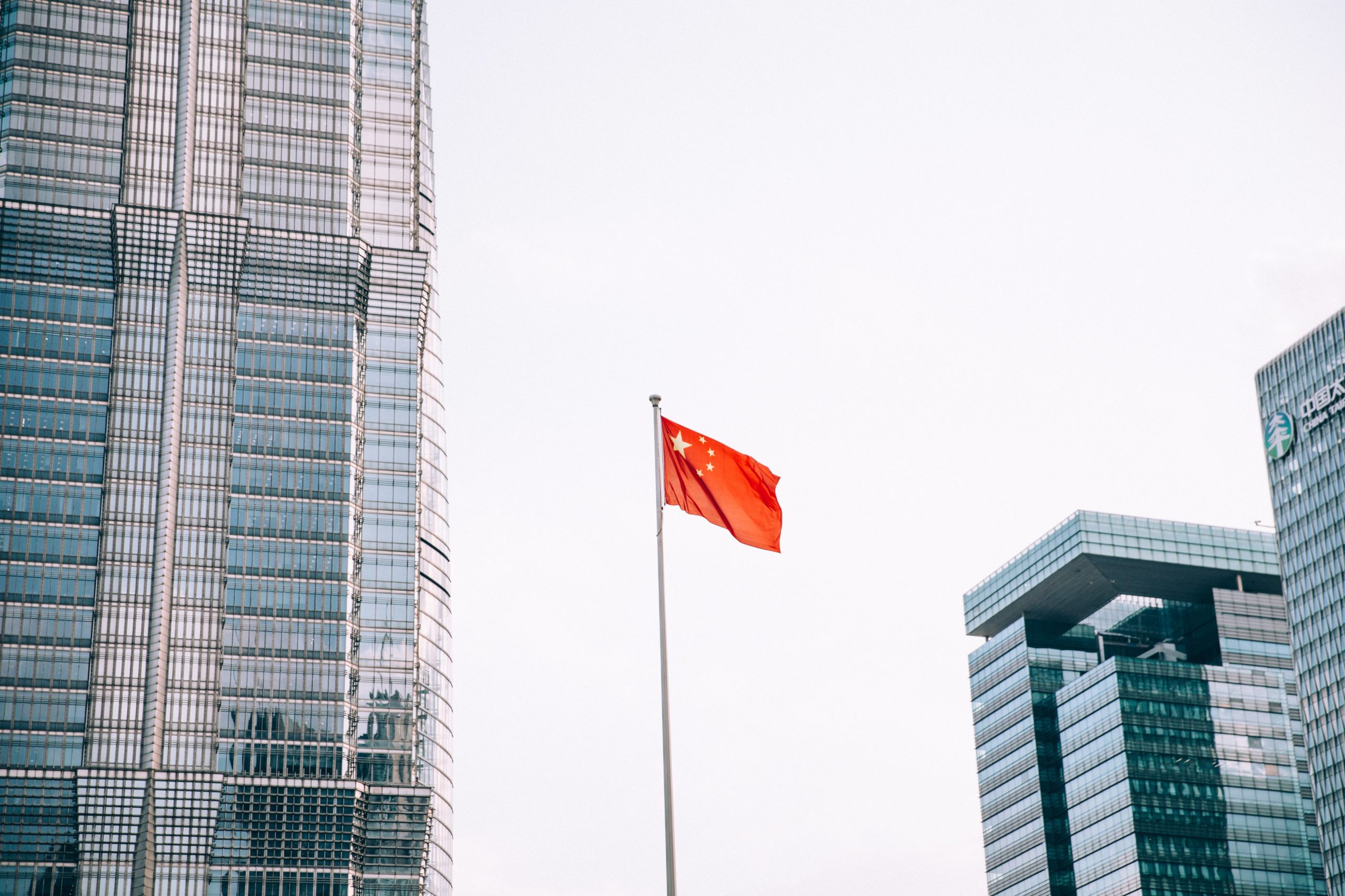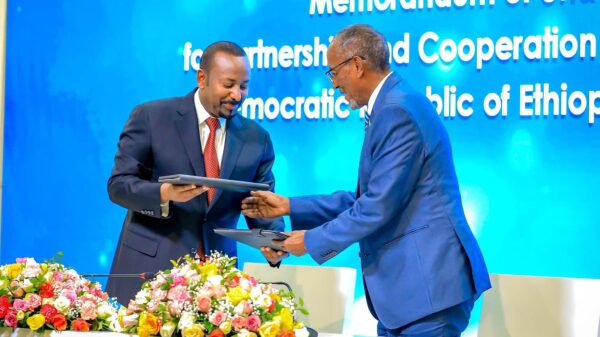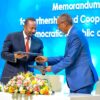Roar writer Hanna Pham interviews Rahima Mahmut, Director of the World Uyghur Congress, about the ongoing Uyghur crisis in mainland China.
For Rahima Mahmut, an Uyghur singer, activist, and translator, connectedness is an underlying principle in all our lives: “We are all so connected in the world one way or another by music, language, or cultural traditionâ€. Mahmut grew up in Xinjiang province, or what is referred to in the Uyghur community as East Turkistan, in the city of Ghulja. Her memories of her childhood in Ghulja are very fond; her eyes light up as she describes her hometown to be one of the most beautiful green oases in the world.
Coming from a family filled with musicians on her mother’s side and being exposed to Islamic musical traditions by her religious father, music has always been a predominant aspect of her life. One of her fondest childhood memories is spending her summer vacations in apple orchards with her father, singing as they picked apples together. Not only is music a huge part of her life as an Uyghur, but other forms of art like poetry, painting, and the spoken word of the Uyghur language were also quintessential to her practice of Uyghur culture. However, as the Chinese Communist Party grew more authoritarian and less tolerant of ethnic minorities in China in the 1970s, Rahima noticed the gradual restrictions being imposed on her cultural practice. Even though the predominantly Uyghur region of Xinjiang province was made an autonomous region in 1955, the CCP cracked down, and the practice of Uyghur culture was suppressed. This suppression of Uyghurs has only expanded since then.
Since 2017, approximately 800,000 to 2 million “religious minorities“, including Uyghurs, have been put into re-education camps where they are forced to state their loyalty to China and renounce their religions. Chinese President Xi Jinping has, while not outright referring to the detainment of Uyghurs, made reference to “toxicity religious extremismâ€, advocating for “the tools of a dictatorship to eliminate Islamist extremismâ€. Pur plainly, these are not re-education camps; they are prisons in which Uyghurs are being illegally detained and stripped of their fundamental human rights. Rahima Mahmut, who fled China for the United Kingdom, uses what the Chinese government is attempting to decimate to fight back: the Uyghurs affinity for oral traditions.
Mahmut found her footing in activism while studying at the Dailan University of Technology. During the Tiananmen Square protests of 1989, she and a group of students travelled to Beijing to join the other student protestors. On June 2, her group left after hearing rumours that tanks and military support would be sent to quell the protestors. The oppression of Uyghurs only escalated thereafter. In her hometown of Ghulja, Uyghur demonstrations were met with military confrontation, mass arrests, and a crackdown on religious and cultural practices. Following the Ghulja massacre, Mahmut did not partake in demonstrations in China and fled to the UK with her son on a student visa.
Since arriving in the UK, Mahmut has been at the forefront of bringing awareness of the Uyghur genocide. Her various projects and titles all act in service to one overarching goal: “to tell the world about my people and campaign for themâ€. One of the most illuminating ways in which Mahmut raises awareness is through her work as a translator. Recently, Mahmut translated a memoir by a woman who was labeled a class enemy by the CCP during the cultural revolution and fled to Australia. While not specifically about an Uyghur, the overall theme of suffering as a minority in China resonated with her.
Not only does Mahmut use her voice as a translator, she also uses her voice to sing. Having been surrounded by musical family members in the already music-heavy Uyghur culture, she uses an aspect of her culture that is oppressed as a powerful tool to raise awareness of her people’s suffering. By showcasing her culture’s rich oral traditions through song and poetry, Mahmut is not only ensuring the survival of her own culture but aims to connect to others, relaying that real people are being persecuted and that “as human beings, we have a responsibility to care for one anotherâ€. Whether she is translating first-hand accounts, speaking to members of Parliament about the current genocide, or singing traditional Uyghur songs, Mahmut uses her voice to resist authoritarian oppression.
As my time with Mahmut came to an end, she made sure to emphasise one thing: that we can all do our part to raise awareness of the Uyghur genocide by writing to our MPs, supporting endeavours such as the World Uyghur Congress, or even doing something as easy as signing a petition. While Mahmut does not believe that the action we take as individuals can bring an end to the Uyghur genocide, she does insist it is our responsibility to use our voices to help to alleviate the suffering of the Uyghur people.
















